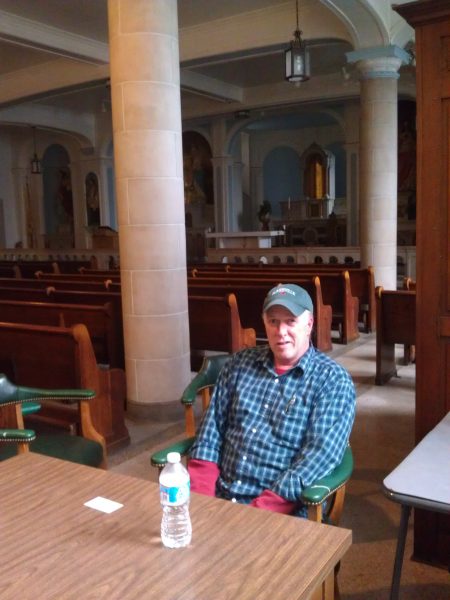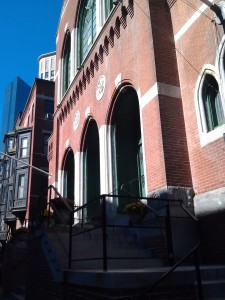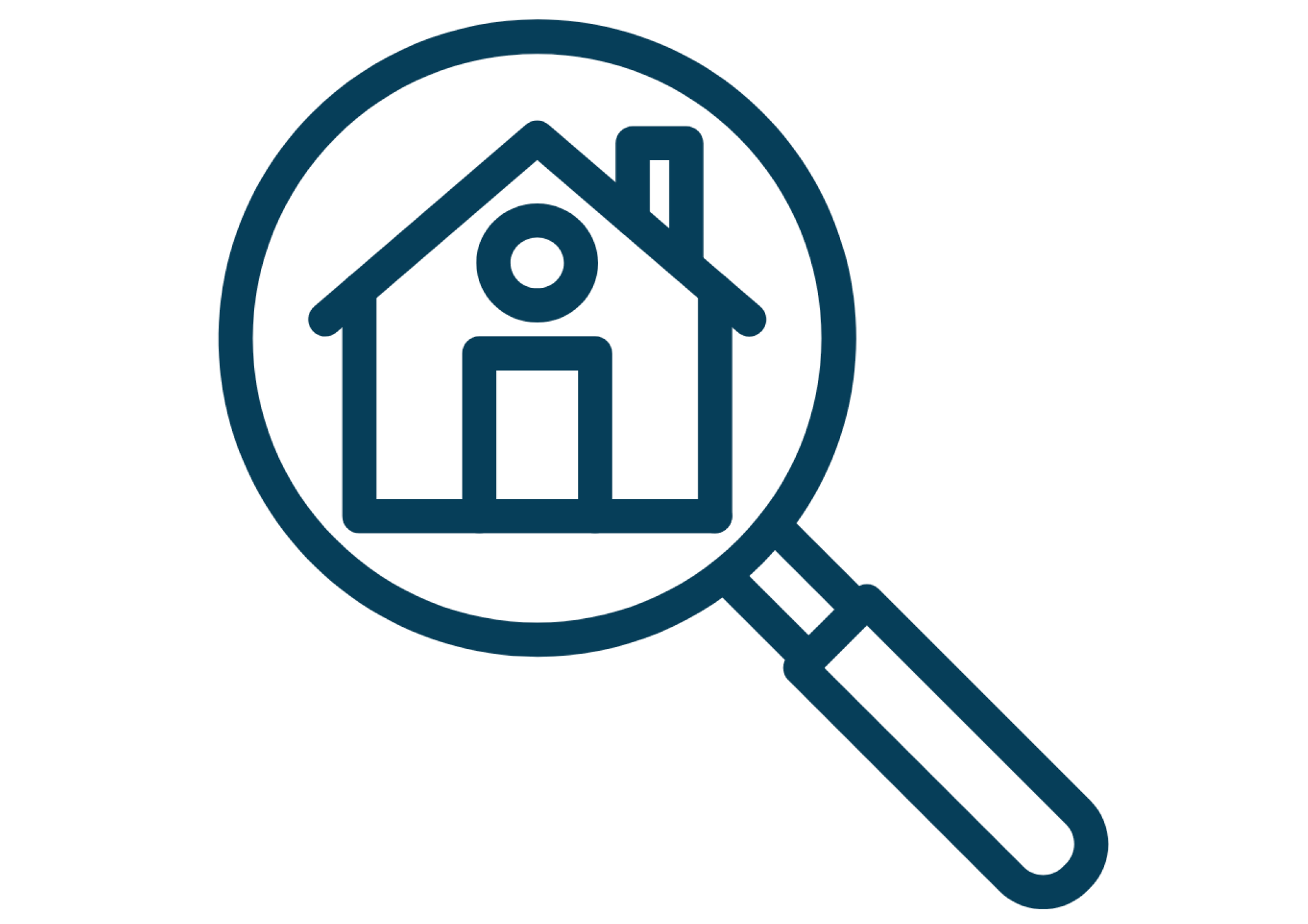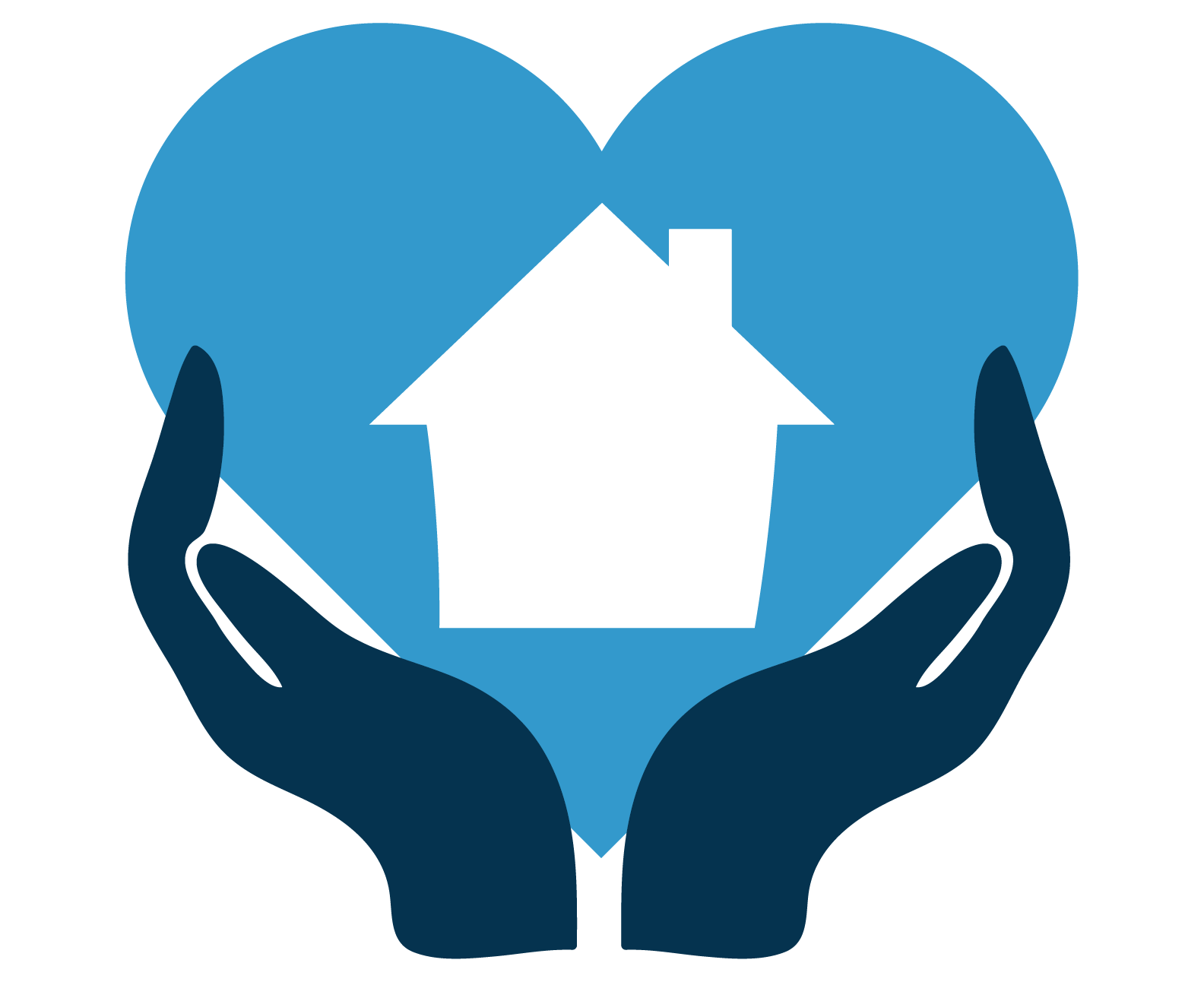The Massachusetts Legal Clinic for the Homeless was founded in 1994. Since that time, it has served 2673 homeless and at-risk individuals, connecting them with volunteer attorneys who provide pro bono legal aid in cases of social security, housing, CORI and more. To honor the clinic as it heads into its twentieth year, we will be continuously profiling the people who help out behind the scenes.

Jack Collins never planned to go into social work. He worked in the meat industry for most of his adult life, then dabbled in landscaping and painting. Seven years ago he was preparing to enter into business with his son and had signed up for property management classes at Wentworth. When his son died unexpectedly, Collins went in a new direction, enrolling in a drug and counseling course at UMass Boston.
After receiving his certificate, he became a house manager at Women’s Hope, a transitional home for women with HIV/AIDS who are recovering from substance use disorders, and a subsidiary of Victory Programs.
Today, Collins is the program coordinator at Cardinal Medeiros Center, a small day shelter for older adults run out of the basement of Our Lady of Victories Catholic Church in the Back Bay. He spends his days doing “a little bit of everything,” which can include helping someone fill out an application or check their email, setting up appointments, discussing the Red Sox with a regular or answering to the seemingly endless barrage of knocks on his office door.
Collins estimates that the shelter serves roughly 130 people per day, though the number varies based on the weather and the time of month (many people receive public assistance money at the beginning of the month and that money dwindles towards the end). The clients are mostly men, who often come for breakfast or lunch, both served daily Monday through Friday. They sit at the long tables that fill most of the center, talking, reading and playing cards or Bingo (prizes range from gift cards for coffee, to batteries and toothbrushes). Sometimes there are day trips or musical presentations by groups from the New England Conservatory and the Boston Minstrels. Collins says the shows get the clients moving and give them energy.
As with many shelters, funding is an obstacle at the Medeiros Center. After a number of cutbacks, the small staff relies on volunteers to help provide the support clients need. A shelter specialist spends three mornings a week seeking out people who may be eligible for housing through the Department of Mental Health. A volunteer also runs the center’s sober support group three times a week, and student nurses come periodically to lead clinics, providing basic health information and passing out socks, hand warmers and reading glasses.

Collins feels more money could be directed to the “truly needy.” He speaks of walking home at night and passing men working on a new statue outside of a large financial building, saying, “I would see three, four guys working on that statue for seven, eight, nine days in a row, and I’d think, ‘Couldn’t that money be spent differently?’ ”
Recently, Collins started to split his time between the Medeiros Center and the Tenancy Preservation Program (TPP), a program focused on helping people maintain their housing. He acts as a mediator between the court, the landlord and the tenant and tries to find solutions that will allow people to get help for their problems while remaining housed. “If it is a substance abuse issue, if it is a psychiatric issue, we try to coordinate, set up a treatment plan,” he says. “We’ll connect them with therapists or psych doctors, a rep payee – someone that will pay the bills for them.”
Traditional public housing programs often require tenants to be sober and have clean criminal records. They face the risk of eviction when they, or members of their household, struggle with substance abuse or other issues. Because public housing is a last resort for many, eviction can mean homelessness and few other options. “So many of these [people] can get a place and then lose it because there’s not enough aftercare,” Collins says.
Collins believes housing first programs, which focus on providing housing first and then following up with treatment plans for substance abuse and psychiatric disorders, as well as support for legal issues, are the best way to reduce homelessness. Such programs, like parent organization Kit Clark’s Journey to Success program, are also cost effective, ultimately costing taxpayers less money by providing active solutions to problems that can otherwise gradually drain resources.
Collins also coordinates the Clearinghouse’s Legal Clinic for the Homeless. He says the clinic has been effective in helping clients, matching them with attorneys who advocate for them and stick by them.
Seven years ago, a major life event led Jack Collins to this field. While he, his colleagues and others in social services work towards creating lasting, positive changes for their clients, Collins thinks the day-to-day interactions are just as important. “You don’t even have to turn someone’s life around, just turn someone’s day around and that’s making a difference,” he says.
About the Medeiros Center: Celebrating thirty years in 2014, the Cardinal Medeiros Center is the “first and only day shelter specifically for older adults in Boston.” Serving adults 45 and older, the center offers meals, resources and activities Monday through Friday. The center’s parent organization, Kit Clark, also offers housing for formerly homeless elders through five congregate programs.
Medeiros Center staff would like to thank Our Lady of Victories Catholic Church, as well as the surrounding neighborhood, for allowing them to continue doing such important work.


